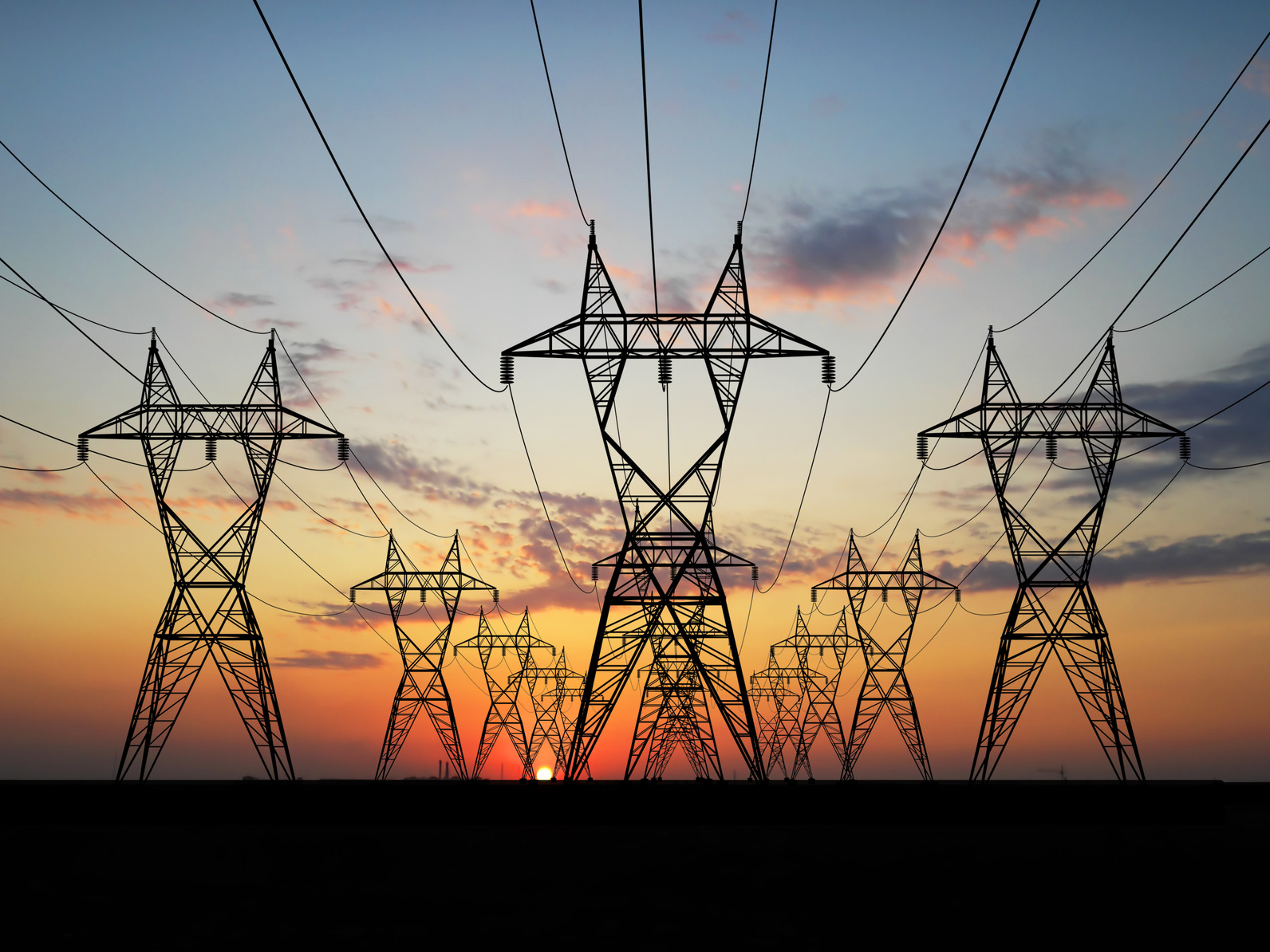The Role of Electricity Suppliers
What Are Electricity Suppliers?
Electricity suppliers manage the distribution and billing of energy, ensuring homes and businesses receive power. Unlike generators, which produce electricity, suppliers focus on pricing, contracts, and customer service. Consumers often have the flexibility to choose suppliers based on their preferences and requirements.
Competitor Highlight: Traditional Utilities vs. Independent Suppliers
Traditional utilities prioritize stability and infrastructure, while independent electricity suppliers often emphasize competitive rates, tailored services, and diverse energy options such as fixed-rate plans or renewable energy sources. Independent suppliers also offer flexible contracts, making them appealing to both residential and business consumers.
Key Considerations for Choosing Electricity Suppliers
Factors That Impact Your Choice
Pricing Structures
Electricity suppliers offer various pricing models, including fixed-rate and variable-rate plans. Fixed rates provide predictability, while variable rates fluctuate based on market conditions. Consumers should evaluate their energy usage and budget to determine the best pricing structure.
Bundled Gas and Electricity Services
Bundling electricity and gas services under one supplier simplifies billing and may lead to cost savings. Many suppliers offer discounts for customers who combine both utilities into a single plan.
Renewable Energy Options
As sustainability becomes a priority, many electricity suppliers now offer renewable energy plans sourced from wind, solar, or hydroelectric power. These options can reduce environmental impact while supporting green initiatives.
Customer Service and Support
The reliability of customer service is a crucial factor. Look for suppliers with accessible support channels, transparent billing practices, and positive reviews from existing customers.
Incentives and Rebates
Programs like the Home Energy Rebate Program or business-specific energy discounts can reduce upfront costs for energy-efficient upgrades or renewable installations.
Usage Patterns
Understanding your energy consumption patterns is key to selecting a suitable plan. Businesses with high-demand periods, for example, might benefit from suppliers offering tailored rates for peak and off-peak hours.
Comparing Electricity Suppliers
How to Evaluate Electricity Providers
Cost Breakdown
Evaluate the total cost, including base rates, delivery charges, and potential hidden fees. Use online comparison tools to identify suppliers with competitive rates.
Contract Terms
Contract length, cancellation policies, and renewal options are critical for avoiding unexpected costs. Short-term contracts offer flexibility, while long-term agreements often come with better rates.
Additional Services
Some suppliers provide added value through energy management tools, usage tracking apps, or energy audits, which help optimize efficiency and savings.
Competitor Highlight: Cheapest Energy Supplier vs. Value-Added Services
While opting for the cheapest energy supplier can lower monthly bills, suppliers offering value-added services like energy efficiency programs or renewable options may deliver greater long-term benefits, especially for businesses.
Electricity Suppliers for Businesses
Tailored Services for Corporate Energy Needs
Business Gas and Electricity Suppliers
Businesses often consume more energy than households, requiring tailored services like bulk energy discounts, scalable plans, and tools for monitoring usage. Specialized suppliers cater exclusively to these needs.
Fixed vs. Variable Business Rates
-
Fixed Rates: Provide stability and budget predictability, ideal for businesses wanting to avoid price fluctuations.
-
Variable Rates: Linked to market conditions, these rates can offer savings during low-demand periods but carry risks during peak pricing.
Negotiating for the Best Deals
Businesses can negotiate directly with suppliers for customized plans, better rates, or additional services like energy efficiency packages.
Competitor Highlight: Cheapest Business Electricity Deals vs. Comprehensive Support
Cheapest business electricity deals may cut costs, but suppliers offering comprehensive support, such as energy audits or sustainability programs, can deliver long-term operational advantages.
Electricity Suppliers for Homes
Residential Energy Plans
Home Energy Rebate Program
Government-supported programs like Home Energy Rebate incentivize households to adopt energy-efficient appliances or renewable energy systems. These programs not only reduce costs but contribute to environmental conservation.
Choosing Between Fixed and Variable Plans
-
Fixed Plans: Offer price stability, ideal for households with consistent usage patterns.
-
Variable Plans: Provide flexibility to save during periods of low demand but can increase costs during market surges.
Renewable Energy Options for Homes
Many suppliers now offer green energy plans tailored for residential consumers, enabling homes to transition to sustainable electricity sources like solar or wind power.
Competitor Highlight: Cheapest Electricity Supplier vs. Green Energy Plans
The cheapest electricity supplier may save money upfront, but green energy plans support environmental goals and offer long-term savings through renewable energy incentives.
Finding the Best Deals for Electricity
Steps to Secure Savings
-
Use Comparison Websites: Platforms like USwitch and CompareTheMarket make it easy to compare suppliers based on price, contract terms, and customer reviews.
-
Look for Seasonal Offers: Suppliers often promote discounts during high-demand seasons, such as summer or winter.
-
Negotiate Contracts: For businesses, negotiating directly with suppliers can result in better rates or tailored services.
-
Check Customer Reviews: Reviews provide insight into billing accuracy, service reliability, and overall satisfaction.
-
Consider Bundling Services: Combining gas and electricity under one supplier often leads to discounts and simplified billing.
FAQs
How do electricity suppliers differ from utilities?
Utilities focus on infrastructure and energy generation, while electricity suppliers manage distribution, pricing, and customer service.
Are fixed-rate plans better than variable-rate plans?
Fixed-rate plans offer price stability, making them ideal for long-term budgeting, while variable-rate plans allow flexibility based on market conditions.
What are the benefits of bundling gas and electricity services?
Bundling simplifies billing, reduces paperwork, and often comes with discounts.
How can businesses find the best energy deals?
Businesses should evaluate consumption patterns, negotiate directly with suppliers, and explore tailored plans for peak and off-peak usage.
What is the Home Energy Rebate Program?
This program provides financial incentives for households to adopt energy-efficient appliances or renewable energy systems, reducing costs while promoting sustainability.
Electricity suppliers offer diverse plans and services tailored to the needs of homes and businesses. By understanding pricing structures, contract terms, and additional incentives, consumers can make informed decisions that maximize savings and efficiency. Comparing suppliers, negotiating deals, and considering renewable energy options are essential steps for optimizing energy costs while aligning with sustainability goals.

